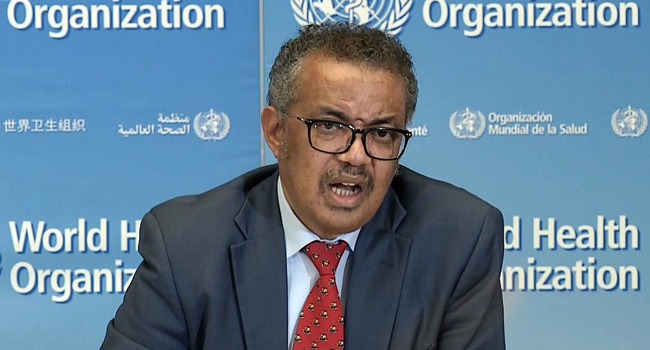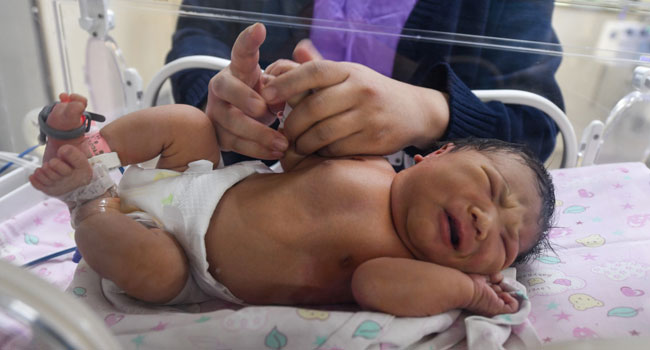The World Health Organisation(WHO) revealed in a report on Tuesday that one in six people worldwide is affected by infertility and there is inadequate access to affordable care for this issue.
Infertility, which affects men and women, is a reproductive condition defined by the failure to achieve a pregnancy after 12 months or more of regular unprotected sexual intercourse.
According to the report signed by WHO Director-General, Tedros Adhanom Ghebreyesus, it analysed all relevant studies on infertility from 1990 to 2021 with the results revealing 17.5 per cent of the adult population experience infertility in their lifetime.
“The rates are “comparable” for high, middle and low-income countries,” Ghebreyesus said.
“The report reveals an important truth – infertility does not discriminate,”
“The sheer proportion of people affected shows the need to widen access to fertility care and ensure this issue is no longer sidelined in health research and policy so that safe, effective and affordable ways to attain parenthood are available.”
It also revealed that despite the prevalence of infertility, diagnosis and treatment such as in vitro fertilization (IVF) – remain underfunded with many having no choice but to cover the costs out of pocket, often with devastating consequences.
WHO also pointed out a “persistent” lack of data related to infertility in many countries.
To combat this it called for better national infertility statistical data which can be “disaggregated by age and by cause” in order to target interventions and support prevention.



